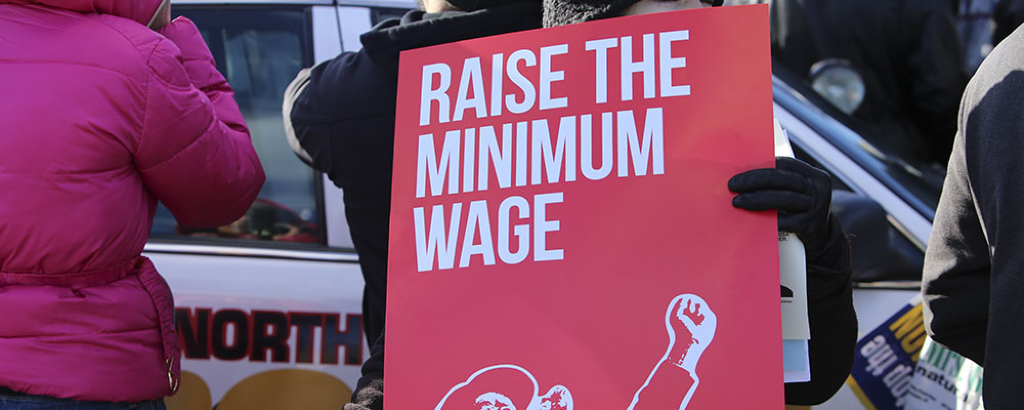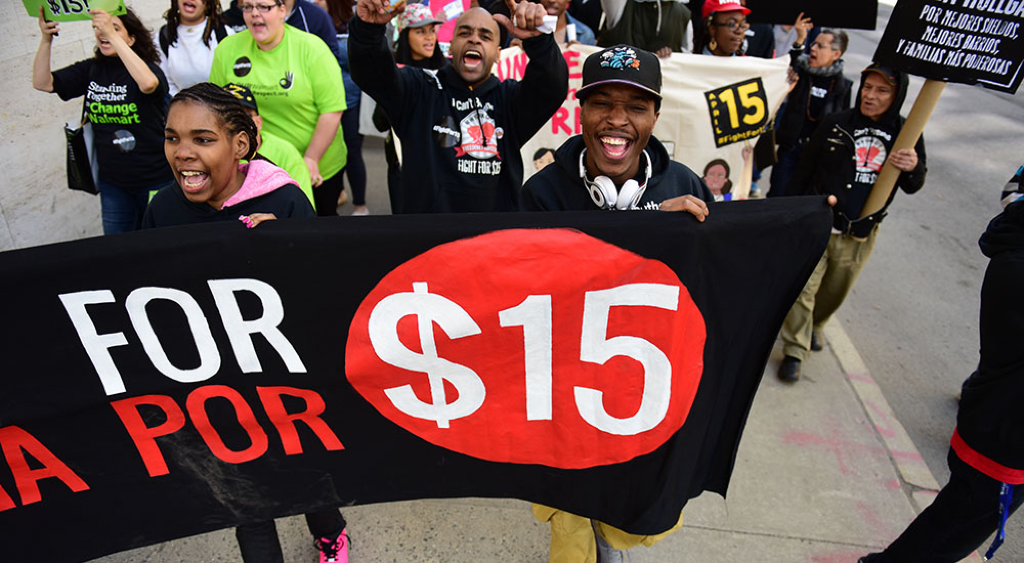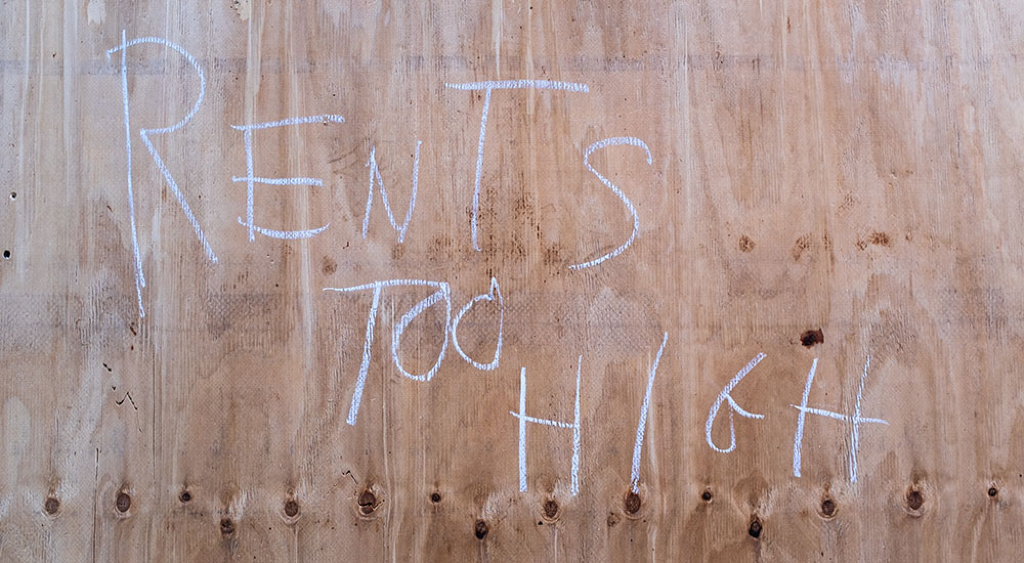More Than 20 States Have Increased Their Minimum Wage

- On January 1, 2022, more than 20 states, including New York, California, and Florida, officially increased their minimum wage, allowing the employees of these states to earn more money on an hourly basis.
- The federal minimum wage has not been raised above $7.25 per hour since its last increase in 2009.
- Minimum wage increases are determined and executed by each state.
The federal minimum wage has not increased since 2009 when the hourly wage was raised from $5.15 in 2007 to $7.25 per hour. More so, labor laws still allow employers whose employees receive tips, such as a waiter, to only have to pay a minimum of $2.13 per hour as long as the hourly wage plus tip income equals at least the minimum wage. After years of no increase in the minimum wage, the birth of the political movement Fight for $15 began in 2012, which is a fight by workers in the various industries, including child care, convenience stores, and fast food, to fight for a minimum of $15 per hour and the right to form a labor union.

Editorial credit: a katz / Shutterstock.com
Although Congress sets the federal minimum wage, each state in the U.S. can revise its state laws how they see fit to impose its own state minimum independent of the federal minimum wage set amount. As a result, more than half of states in the U.S. had a minimum wage higher than $7.25 per hour by the end of 2018. In 2021, 20 states took part in raising their minimum wage rate. Those changes went into effect on January 1, 2022.
On the other hand, certain states have not increased their minimum rates, which negatively affects the percentage of their population who work minimum wage jobs. As a result, it has caused many to protest for the federal government to intervene. With an increase in pressure from lower-wage paid employees and the pandemic and inflation heavily affecting the economy, more states have discussed and plan to implement a minimum wage increase for 2022.
Why do states have different minimum wages?
Depending on the state residency of an individual, their cost of living may differ. For example, living in highly populated states like California or New York causes living costs to be much higher. Due to many people wishing to live in such locations, there is high demand for living accommodations.
Due to the high demand, property owners raise the rent prices to ensure profitability and control the market for those who want to move into that popular state. Thus, the demanded states regularly increase their rates to help minimum wage workers pay for their living expenses.

Editorial credit: Jennifer M. Mason / Shutterstock.com
The same principle applies to the other side of the spectrum, as some states are not highly populated nor demanded, resulting in a lower cost of living. Consequently, the lower cost of living results in the state governments choosing not to increase the minimum wage each year. For example, the average rent for an apartment in Jackson, MS is $882 versus the average rent is $3,805 for a New York one bedroom apartment.
What's on the horizon?
President Joe Biden signed an executive order that stated that all federal contractors and agencies must implement a $15 minimum wage in their workplace. This wage increase to $15 an hour for all federal employees allows them to receive a higher amount of disposable income, thus, improving their overall financial situation.
Recommended Read: How to Make Money Moves with a CapWay Debit Card
However, minimum wage increases are determined and executed by each state. Should a state decide not to implement a higher state minimum wage, it can leave the employees in a difficult financial position. This means that their current pay levels cannot battle inflation, resulting in them losing purchasing power annually. The low wage rate has led to many protesting in the street, demanding a federal minimum wage of $15 to help fight these times of rising living expenses.
However, until the federal government decides to revise the federal minimum wage, it is crucial to utilize effective money habits to aid you in building your wealth over time, regardless of your income level.
How can you build wealth despite having a minimum wage income?
Due to some states choosing not to increase their respective minimum wage rates, it becomes more challenging to make ends meet and grow your wealth level. However, a great way to increase your wealth (if your job is not paying you more) is through investing any disposable income.
Recommended Read: The Scale Is In The Start: Investing Within Your Paycheck
It is essential to go over your monthly expenses, such as subscriptions, and determine which unnecessary costs can be cut from your budget. Once you remove these monthly expenses, your disposable income rises, allowing you to invest a higher portion of your money into the stock market or build your emergency fund.

By making small, incremental, consistent investments in the stock market, your portfolio will increase in value over a prolonged period of time. As a result, the increase in your portfolio will allow you to increase your wealth and have a large sum of money left for when you retire.
Everyone wishes to have more money, allowing them to be more financially secure. However, depending on a person's job, their pay level may not aid them in trying to get to a better financial situation. Thus, it is essential to use smart spending strategies to spend less and invest more to ensure your wealth levels increase for the long term. (But don't starve yourself of living. Find ways to responsibly treat yourself and have fun as you save funds.)
What are your thoughts on the current minimum wage? Do you believe the federal government will increase the federal minimum wage soon? Let us know in the comments below.
Main image editorial credit: a katz / Shutterstock.com